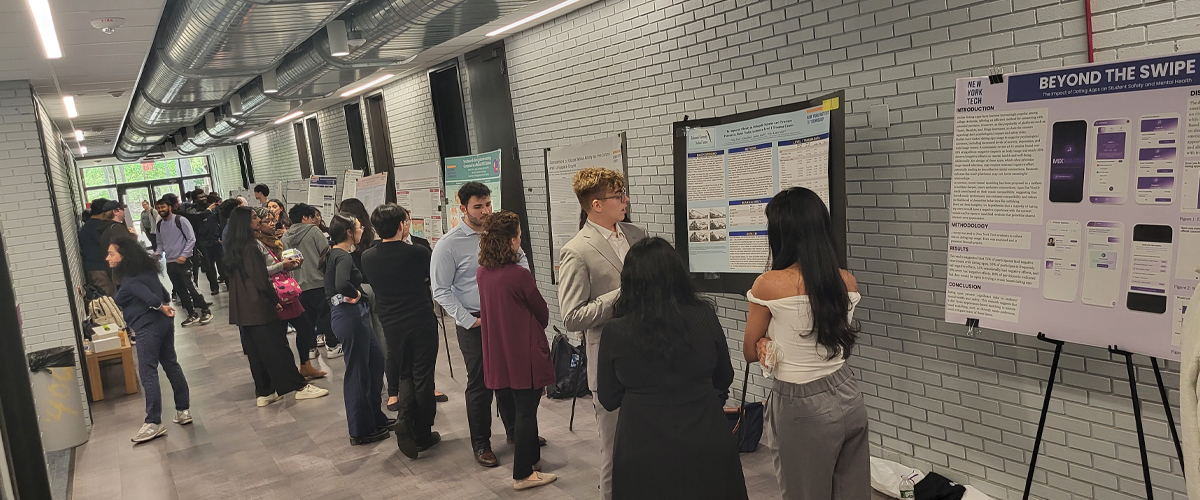
A SOURCE for Student Research
Life sciences/osteopathic medicine (B.S./D.O.) student Shrika Renganathan clears her throat, biology student Sweta Kumararaja clasps her hands in front of her, and B.S./D.O. student Safa Chaudhri tucks stray hair behind her ear. The trio look out and smile at about 20 faces watching from their seats in Harry Schure Hall as they begin their presentation, “Development of a 3-D-Printed Model Website Demonstrating Different Non-Canonical DNA Molecules.”
This was the typical scene during the morning and afternoon oral presentation sessions at the 22nd annual Symposium of University Research and Creative Expression (SOURCE) held on April 25. Sandwiched between these sessions was a poster exhibition spread across Harry Schure Hall and Anna Rubin Hall on the Long Island campus.
“Over the years, SOURCE has evolved in many ways, but one thing has stayed constant,” said College of Arts and Sciences dean emeritus and SOURCE chair Roger Yu, Ph.D., as he kicked off the event. “That constant is your excitement, participation, and academic excellence.”
Since 2004, SOURCE has celebrated and showcased the outcomes of students’ academic research in collaboration with their peers and faculty mentors. This year’s symposium featured the work of more than 300 graduate and undergraduate students via nearly 150 oral and poster presentations.
“I was pretty nervous, but my nerves calmed after speaking during the first one,” says Kumararaja, who delivered two more oral presentations that morning. “I was very interested in all of the research that I did, so it wasn’t hard to talk about.”
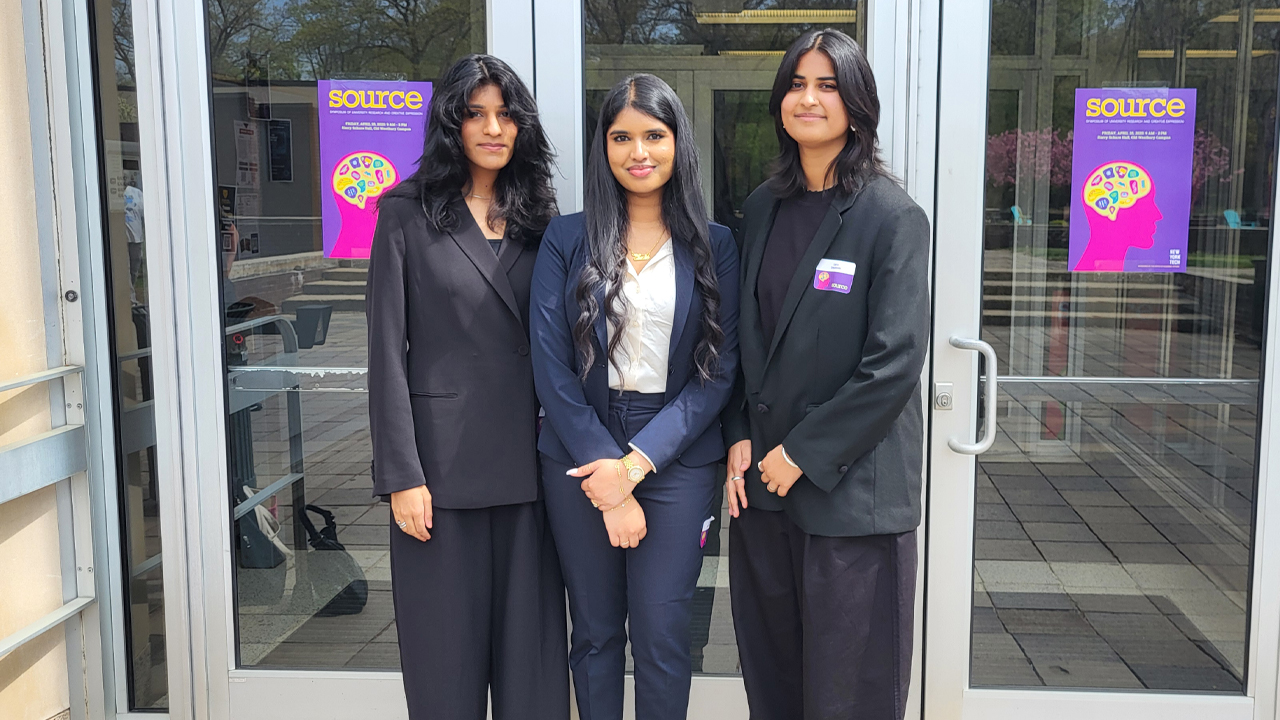
During her first presentation, Kumararaja, along with Renganathan and Chaudhri, discussed successful efforts to transform 2-D models of non-canonical (non-double helix) DNA strands into 3-D-printed structures.
“DNA models are typically very expensive and very delicate,” explains Chaudhri. “There are so many educators, researchers, students, and more, who are searching for these models and find them to be inaccessible. We seek to change that.”
By the end of the year, the three students plan to launch a website where they will offer files and instructions, free of charge, for 3-D-printed DNA models.
“There aren’t great 3-D resources for non-canonical DNA strands on the Internet,” adds Renganathan. “No one really talks about the strands that may cause mutations or look a little different, so we are creating the 3-D visualizations for these kinds of DNA.”
Other oral presentation topics ranged from subjects like “Implicit Homophobia in Religion” and “Relationship Between Empathy and Emojis” to technical matters like “Exploring Fixational Instability in Ophthalmic Conditions” and “Dissection, Preparation, and Submission of Mammalian Eye Globes for Micro-CT Scanning.”
“SOURCE is a wonderful platform for our students to showcase their talents, research, and incredible work that they’re doing,” said Vice Provost for Research Jared Littman, Ph.D., in his opening remarks. “Each project here today is a testament to your perseverance, creativity, and the power of inquiry.”
Poster presentations were of incredible breadth and depth, including topics like “The Role of Osteopathic Manipulation in Acute Infection Care: A Health Policy Research Brief,” “Metabolic Health and Cardiovascular Risk in Taxi Drivers,” “Workplace Violence in Nursing: The Critical Role of Leadership in Prevention and Advocacy,” “The Effects of Precise Cues in Radiologic Search,” and “Educating Parents on How to Promote Growth and Development for Children Diagnosed with Developmental Delays.”
“Thank you, all of you, for carrying out your research,” said Provost and Executive Vice President Jerry Balentine, D.O., who delivered the event’s keynote address. “Research has so many things that will make you stronger and smarter. It helps you on your path to advancing knowledge.”
View all the projects at this year’s SOURCE.
More News
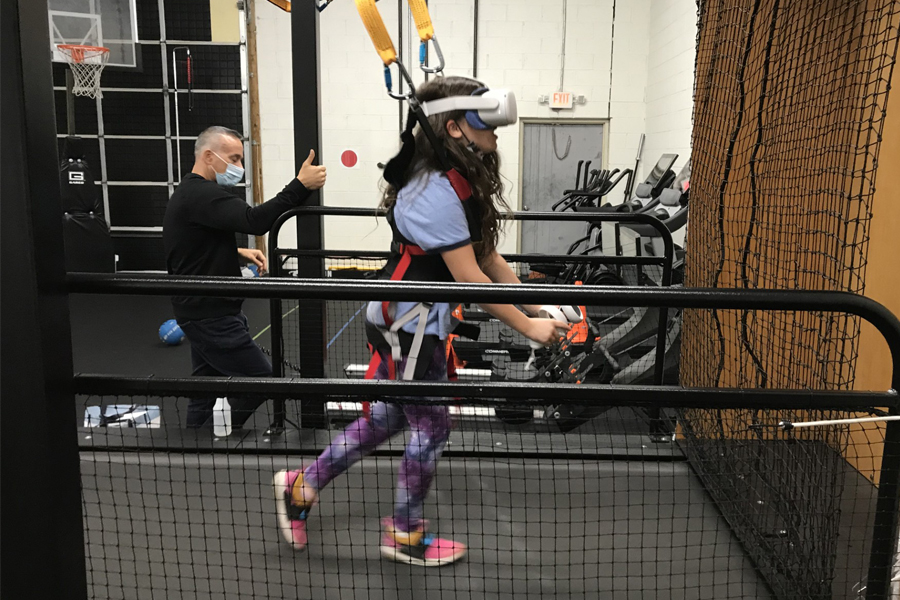
Study: VR Helps Children With Autism Participate in Exercise and Sports
A new study by researchers from the School of Health Professions and College of Osteopathic Medicine demonstrates how virtual reality (VR) can help children with autism spectrum disorder participate in exercise.
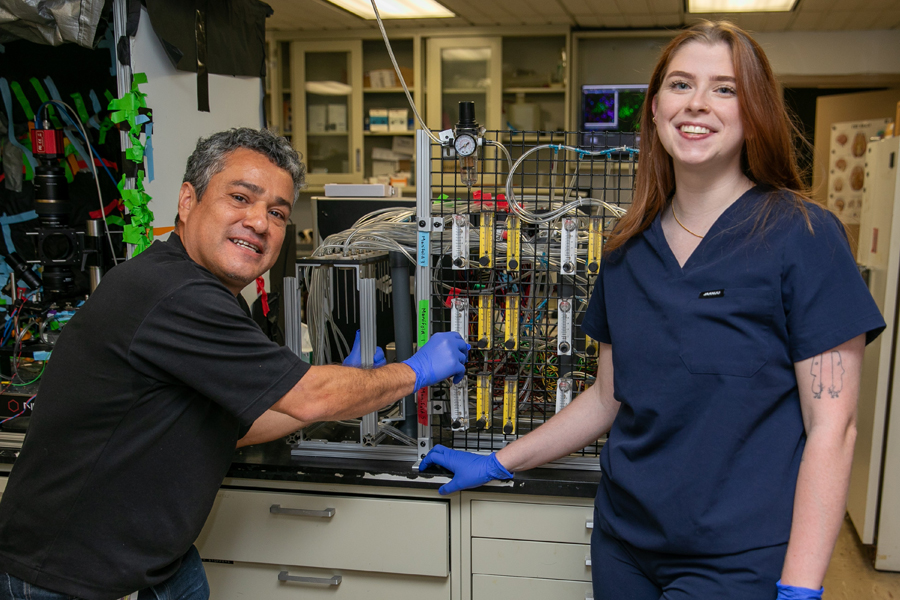
Driven by ‘Why’
Third-year medical student Kassandra Sturm leads the charge on a new study helping to uncover the neurological source affecting the sense of smell in autism spectrum disorder.
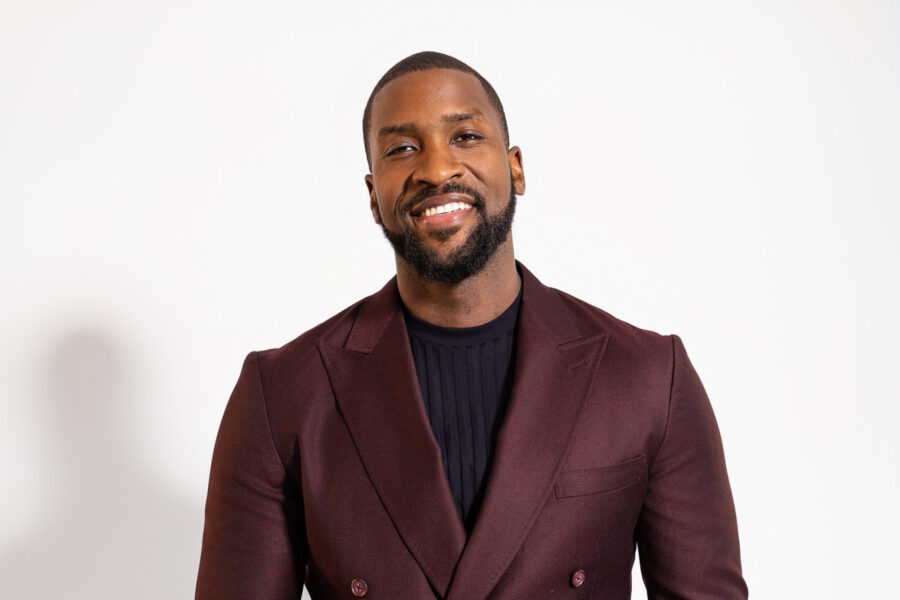
Technology Partnership Helps Children With Disfluencies
Former NBA star Michael Kidd-Gilchrist has partnered with the College of Engineering and Computing Sciences’ ETIC to develop a prototype of a technology platform that he hopes will help children who stutter.
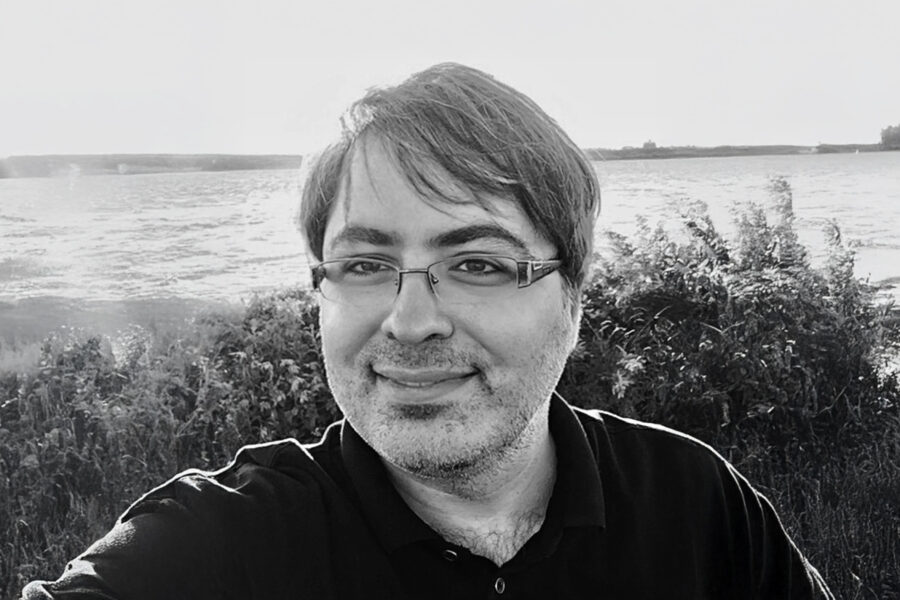
Engineering a Cancer Treatment Game Changer
A groundbreaking project co-led by the College of Engineering and Computing Sciences’ Steven Zanganeh, Ph.D., provides the world’s first functional, drug-testable, 3-D-printed human colon model.
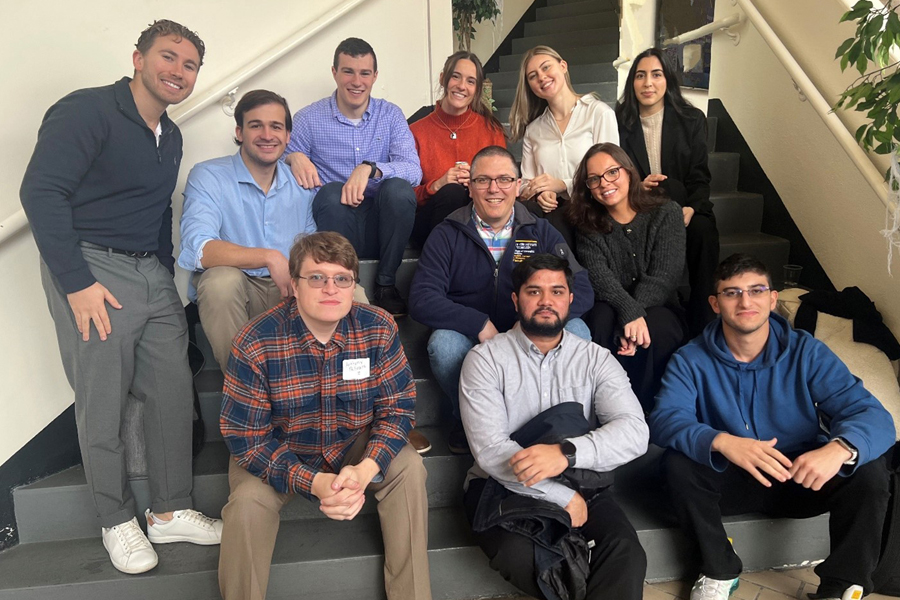
Gut Instincts: Solving Microscopic Mysteries
Research by NYITCOM Assistant Professor Vladimir Grubisic, M.D., Ph.D., aims to deliver findings that could pave the way for new treatments benefiting patients with gastrointestinal and neurological diseases.

Edward Guiliano Global Fellows: Culture Across Continents
Under the Edward Guiliano Global Fellowship program, seven students traveled the globe, broadening their perspectives and working on transformational research projects.